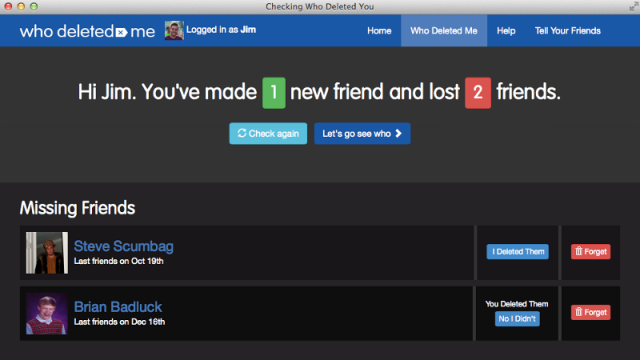
How to find out who unfriended you on Facebook
Ever wanted to know when one of your Facebook friends deletes you? Well now there’s an app that’ll tell you that and more.
Unsurprisingly named "Who Deleted Me on Facebook", the app shows you which accounts have unfriended you, which have become deactivated and who is online.

Social network Facegloria bans swearing, gay content, and sin
Need a social network to connect with friends and likeminded individuals? Take your pick; there are dozens to choose from. Facebook remains by far the most popular and, as it is used by real people, it is filled with everything that makes up life -- the good and the bad. In response, a group of Evangelical Christians in Brazil set up Facegloria with the aim of becoming "morally and technically better than Facebook".
Actually the real aim of the site is to promote Christianity -- to the extent that rather than a Like button, there is an Amen button. Think "godbook", if you will. Of course there are restrictions -- religion isn’t meant to be fun, you know. On the list of banned content is violence and pornography, swearing (there are literally hundreds of banned words), anything that violates "biblical principles", and depicting or referring to homosexual activity.
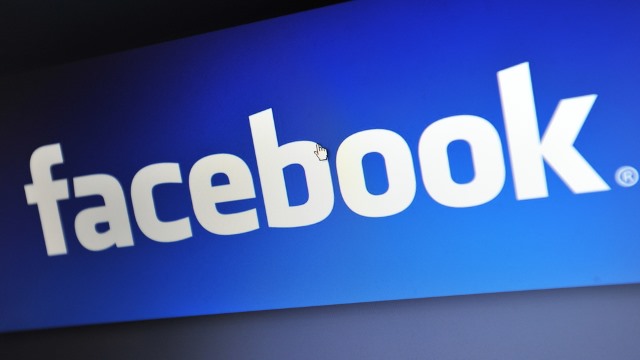
Facebook in talks with music labels
Social giant Facebook has been in talks with music labels for the past few months, although nobody is quite sure what the company is planning.
Reports say Facebook has met with Universal Music Group, Warner Music Group and Sony Music Entertainment, three of the big music licensing labels. Since this doesn’t seem to involve indie labels, we can assume it isn’t a music streaming deal, but instead a licensing and content protection deal.

Medium.com ditches passwords to increase security
Remembering all of the passwords required to gain access to all of your online accounts is a pain. You could opt to use a password manager, or you might decide to use the same password for everything. But Blogging platform Medium.com has another option -- just don't use one!
The site has been anti-password for some time; users log into their accounts using an existing Twitter or Facebook account. For people who are not social network users, however, there's a new option. Working in a similar way to the 'I've forgotten my password' system used by many sites, Medium allows users to log in using nothing but their email address -- and says the system is more secure than regular passwords.
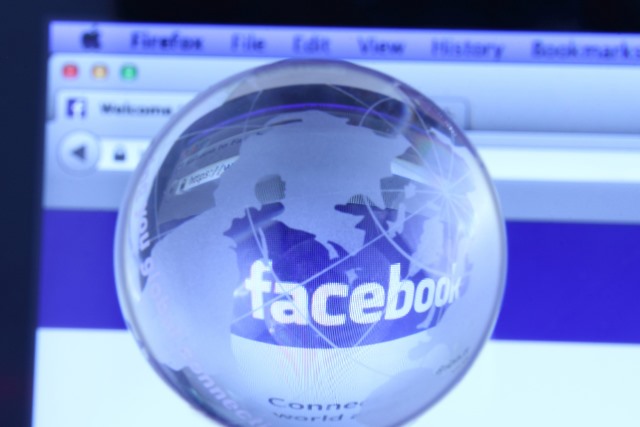
Facebook for iOS gets new photo-editing tools
The 2013, Facebook’s failure to acquire Snapchat for $3 billion went across the world like a forest fire. Since then, it seems that the social networking giant has adopted some of the best features of Snapchat and has simply started including them in their apps.
The Facebook Slingshot app is one example of the social networking giant’s attempt to imitate Snapchat. The app lets users send colourful drawings and text to friends similar to Snapchat. Other features such as filters, text, and stickers are now added to the list.

Kaspersky scanning your PC when visiting Facebook
Facebook has added security firm Kaspersky Lab to its roster of antivirus companies protecting its users from malicious software, the social media site has announced.
In a blog post by Facebook Security, the company said it is keeping users’ computers safe just by using Facebook, in the way that Kaspersky Lab, together with the likes of ESET, F-Secure and Trend Micro, runs a clean-up tool in the background while you use the social network.

Facebook fails to develop a diverse workforce
Like transparency reports, diversity reports have become quite the fashion at the moment. Companies such as Google, Apple, and Amazon are keen to demonstrate that they are not dominated by white, middle-class men, and that they are open to the full gamut of gender identities and sexualities. Today Facebook released its second diversity report showing that at Mark Zuckerberg's company things haven’t really improved over the last year.
More than half of the workforce (55 percent) is white, and at senior leadership level this jumps all the way up to nearly three quarters (73 percent). The percentage of black workers at the social network is incredibly low -- just 2 percent. The gender balance is largely skewed as we have come to expect. Across the company 68 percent of employees are male, although in 'non-tech' roles women make up 52 percent of the team. For those striving for equality, the numbers make for somewhat depressing reading.
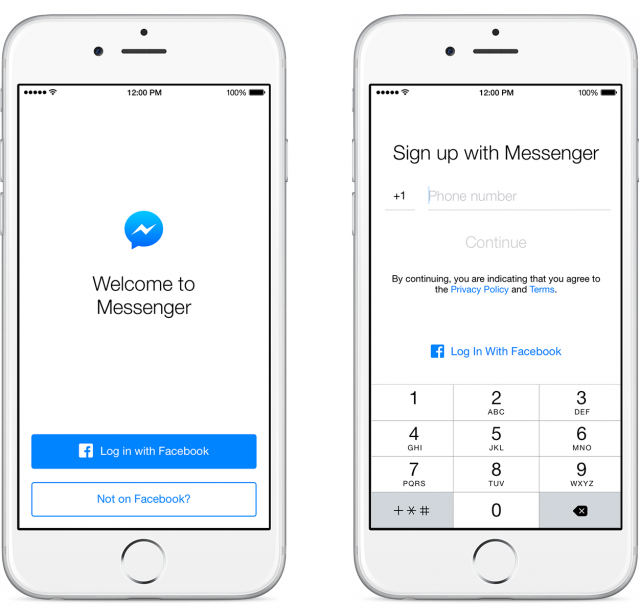
You can now sign up for Facebook Messenger without a Facebook account
Thanks in no small part to Facebook, Messenger is rapidly growing in popularity. On Google Play, the app reached one billion downloads earlier this month, while on Apple's App Store it leads the free apps chart for iPhones. But while it certainly benefits from being tightly linked to Facebook, the company wants to make it possible to sign up for its messaging service without a Facebook account.
When it announced this change, Facebook did not detail why it is introducing this sign up option. However, it looks like the company wants its messaging service to become more attractive for those who are not willing to join the social network but want to connect with their Facebook friends.
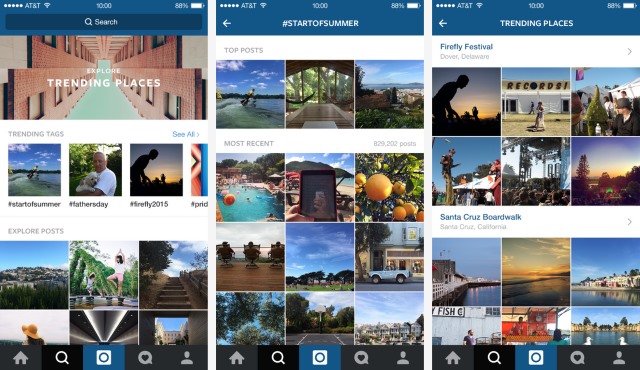
Instagram battles Twitter with updated Explore and Search features
One of the defining features of Twitter is trending topics. It's easy to catch up on what's hot right now, and it's something that Instagram is borrowing in its latest update. The millions of users of the photo service now have access to a new Explore page that includes not only a trending component that highlights events and topics that people are posting about, but also trending tags and places.
These new options make it easier to home in on content of interest, and changes have also been made to Search. You have the option to search Places, Tags, and People separately, or you can use the Top section to search all at once.

What is Facebook not telling us about machiavellian censorship?
Just a few days ago the Electronic Frontier Foundation published its annual Who Has Your Back report looking at how various technology companies treated customer privacy. The report makes for interesting reading, but it also raises some questions. One question that has cropped up several times is "how the hell did Facebook get a rating of 4 out of 5!?"
As well as rating Mark Zuckerberg's social network in terms of its privacy policies and how it responds to government data request, the EFF also probes the hidden censorship that appears to be going on. There have been numerous examples of blatant censorship from Facebook -- including blocking certain pages in Turkey -- and while this is worrying (particularly when the social network's founder is looking to connect the world to the web with Internet.org) what is perhaps more concerning is the censorship we don't know about. The silent censorship that's going on the in the background.
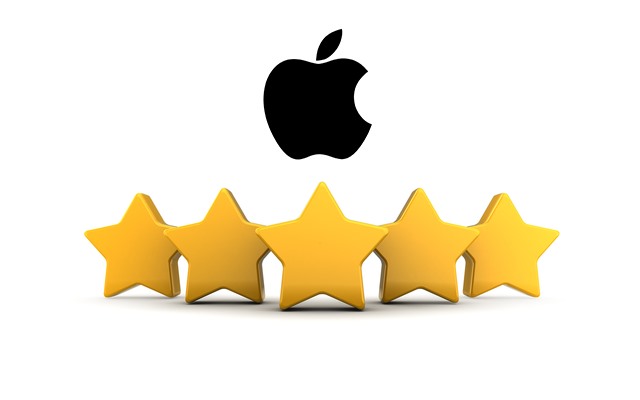
Apple does more to protect your privacy than Microsoft, Google, and Facebook
In the Electronic Frontier Foundation's annual Who Has Your Back report, Apple is commended for adopting a "strong stance" on user rights, transparency, and privacy. The 2015 edition of the report is the fifth to have been produced, and it rates a number of tech companies according to how they inform users about their privacy policies and how they respond to government requests for data.
Apple was awarded a full five star rating, faring better than Microsoft (three stars), Google (three stars), and Facebook (four stars). Other companies receiving a five out of five rating include Wikimedia, WordPress, and Yahoo. At the bottom of the heap are AT&T and WhatsApp who received just one star each. Despite a few disappointments, EFF is generally pleased with how tech firms have noted the renewed interest in privacy that now exists.
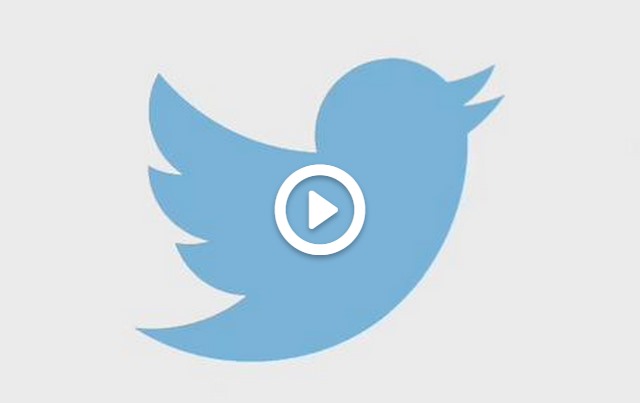
Twitter apes Facebook with autoplaying videos
Videos that automatically play when they appear on screen are making their way to Twitter. Taking the lead from Facebook, the microblogging service is introducing the feature to reduce the need to click in order to watch a video.
It's something that will be loved and loathed in just about equal measure -- and if you fall into the latter camp, you'll be pleased to hear that it's possible to revert to the old click-to-play method. Twitter thinks that autoplay will help to ensure that you miss fewer videos about breaking news, but it remains to be seen just how popular it proves.

Facebook factors in article view times to personalize news feeds
Facebook today announced that it is making another change to the way it determines which stories are displayed in News Feeds. As well as factoring in how many people have liked or commented on a story, the social network will now also take into account how long people spend reading individual articles.
But it's not quite as simple as saying that stories people spend a while looking at are the most popular. Some lengthy visits are the fault of slow connections, for example. Equally, it is not safe to assume that only heavily liked and commented articles are the most read -- there are some stories that do not lend themselves to liking and commenting. Today's change aims to strike a balance between different weightings.

Facebook Messenger joins select '1 billion downloads' Google Play club
Being linked to the most-popular social network makes Messenger a very convenient messaging option, giving it a huge advantage in the long run. If you are already friends with someone on Facebook, you can quickly start a conversation with them, share photos, initiate a video chat and more. The way it is designed, you simply cannot ignore its existence, like you would any other messaging service.
Messenger is growing in popularity as new folks sign up for a Facebook account and more and more users have access to smartphones, from which, you guessed it, they want to check what their friends are doing. As a result, Messenger just joined a very exclusive club on Google Play.

Major Microsoft products lose Facebook integration
Social integration is a key aspect of Microsoft's vision for its most prominent consumer-facing products. For instance, on Outlook.com you can have a Skype conversation, on Skype you can chat with Facebook friends, and on Windows Phone you can see your contacts' social updates, like tweets, in People hub. This is one of my favorite things about the software giant's products. It is also a standout feature that its rivals are not yet offering.
A core component is Facebook integration, which is present in Windows and Windows Phone, as well as Office 365, OneDrive and Outlook.com. But, thanks to an update to Facebook's Graph API, integration with the most-popular social network is going away in all currently-supported products.
